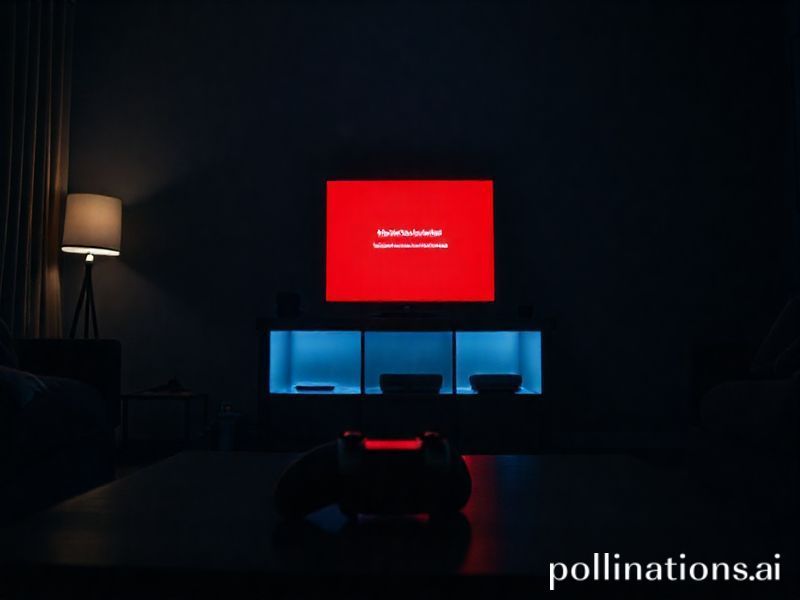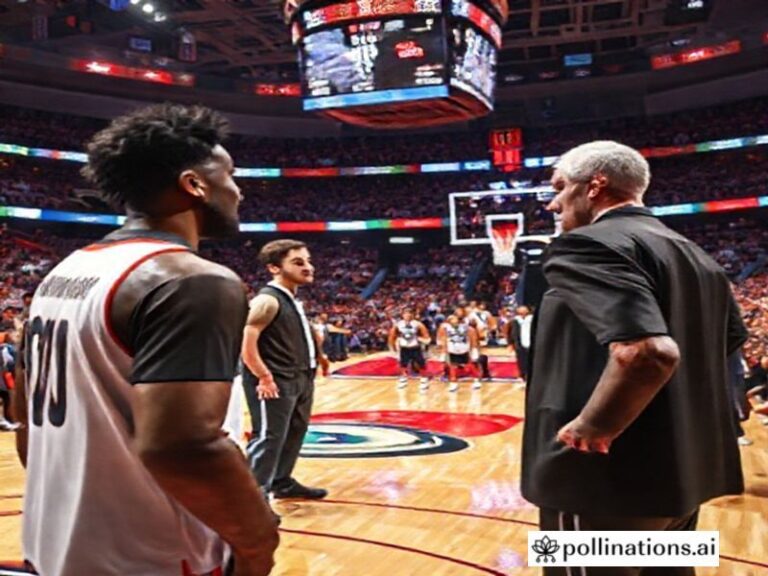playstation network outage
The Blackout That United—and Divided—Us All
By A. M. Vance, International Correspondent, Dave’s Locker
SÃO PAULO—At 09:17 GMT last Tuesday, the PlayStation Network coughed, sputtered, and finally flat-lined. Across 72 countries, 117 million registered accounts watched their digital worlds evaporate into a single, smug error code: WS-116520-5. In a heartbeat, Fortnite warriors in Jakarta found themselves staring at their own reflections, FIFA managers from Lagos to Liverpool discovered the off-line life contains an alarming amount of sunlight, and at least one Tokyo salaryman was observed weeping into his limited-edition DualSense while “Server Maintenance” blinked like a digital middle finger.
Officially, Sony blamed an “external provider issue.” Unofficially, the rumor mill spun faster than a loot-box addict on payday: Russian botnets, North Korean crypto-miners, or the more plausible culprit—an intern who mistook the “restart” button for the coffee machine. Whatever the truth, the outage lasted 15 hours and 43 minutes, just long enough for humanity to remember what boredom tasted like before 1994.
Global Dominoes
The timing was exquisite. In Frankfurt, European Central Bank staff had scheduled a lunchtime charity stream of *Gran Turismo 7* to raise funds for Ukrainian refugee relief; instead, they reverted to the ancient German pastime of staring sternly at spreadsheets. Meanwhile, Rio’s favelas—where PSN gift cards function as a parallel currency—saw black-market exchange rates lurch like a drunk samba. A kid in Rocinha swapped three days’ worth of FIFA Ultimate Team coins for an actual football, prompting local elders to mutter about dark miracles.
Over in Seoul, e-sports behemoth T1 postponed its League of Legends scrimmage, forcing teenage prodigy “Faker Jr.” (not his real name, but try telling that to his 4 million Twitch followers) to interact with his family. Sources report the conversation lasted 2.3 minutes before everyone retreated to separate screens to watch other people play on YouTube.
Imperial Echoes
Historians will note the outage coincided with the 78th anniversary of D-Day. Veterans once stormed beaches to secure liberty; today’s conscripts merely reboot routers. Still, the parallel is irresistible: both events remind us that grand narratives can pivot on the trivial. One misplaced semicolon in a server farm in Oregon and suddenly the digital Maginot Line collapses, leaving millions exposed to the horrors of natural light and unmoderated conversation.
Diplomatic cables (okay, tweets) flew thick and fast. The U.S. State Department’s official account urged “patience and calm,” inadvertently proving Washington can’t even keep its own citizens from rage-quitting democracy, let alone PSN. China’s Global Times ran a schadenfreude-laden op-ed titled “Western Decadence Unplugged,” while simultaneously banning local gamers from discussing the outage in WeChat groups—presumably to protect them from the trauma of empathy.
Existential Bonus Level
Economists estimate the outage shaved $1.2 billion off global productivity, though that figure drops to $47 if you subtract people who were only pretending to work anyway. Mental-health hotlines reported a 38 % spike in calls from users experiencing “acute avatar detachment syndrome,” a condition hitherto unknown to science but instantly recognizable to anyone who’s ever invested 400 hours in a digital haircut.
Yet the blackout also yielded strange grace notes. In Nairobi, a pop-up LAN café hosted an impromptu *Street Fighter* tournament on dusty PlayStation 2s, proving that 2004 technology still works when not held hostage by cloud-based ransom notes. In rural France, a wedding party paused to collectively roast the groom—an avid *Call of Duty* streamer—after he attempted to tether his console to a bridesmaid’s phone hotspot mid-ceremony. Love, it seems, requires a stronger signal than 4G.
Epilogue: Return of the Living Dread
By 01:00 GMT, Sony engineers flicked the metaphorical switch, and the faithful rushed back to their virtual pews. Leaderboards repopulated, micro-transactions recommenced, and the planet exhaled a collective sigh of relief that sounded suspiciously like a cash register. Somewhere in a Dublin suburb, a 12-year-old logged back into *Fortnite*, saw his character wearing last season’s skin, and promptly demanded reparations from a multinational corporation whose annual revenue exceeds the GDP of Iceland.
Thus the world ends, not with a bang but with a patch note. Until next time, comrades—keep your controllers charged and your existential dread firmware updated. After all, the only thing we have to fear is the absence of fear itself, buffered at 2 Mbps.







